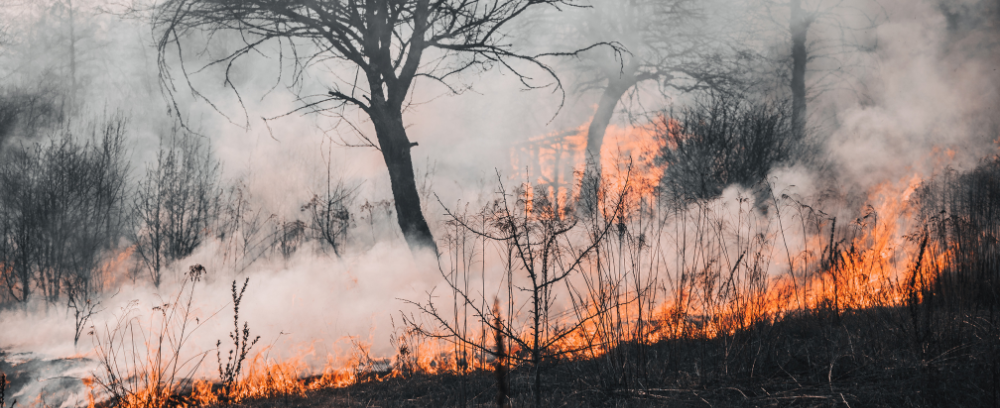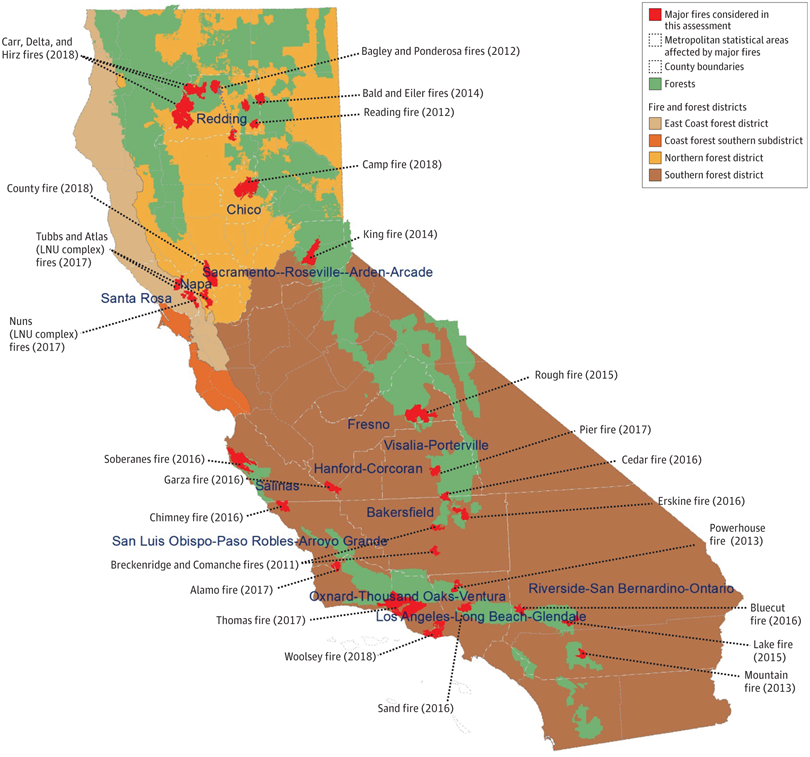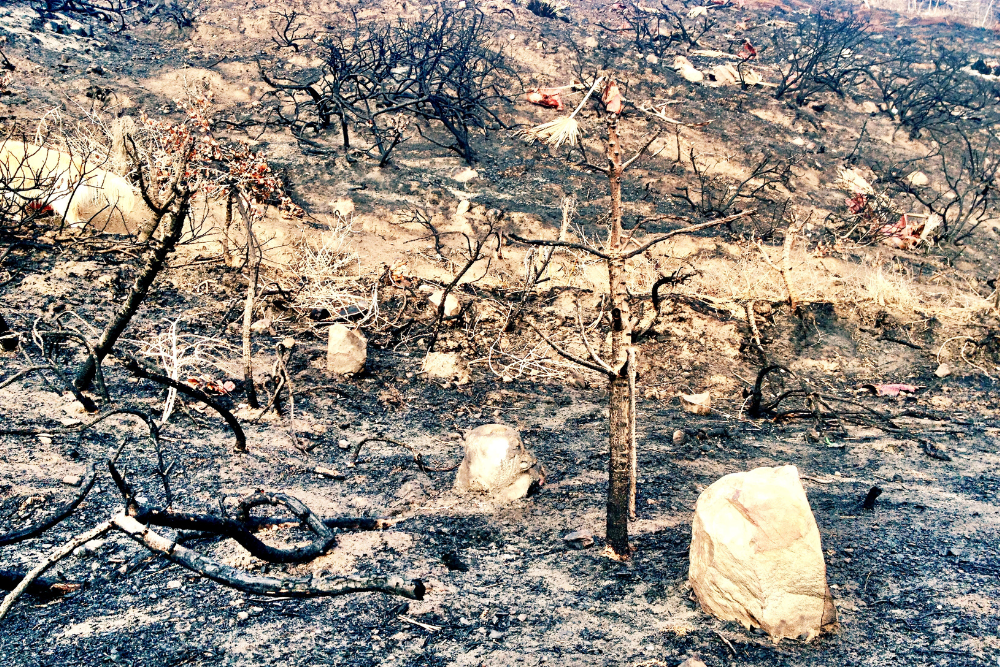
Wildfires worsen mental health conditions, study finds

New research led by Dr. Zack Wettstein shows large wildfires may exacerbate certain mental health conditions.
The study, published in JAMA Network Open, focused on counties in California within higher-populated metropolitan areas that experienced large wildfires from 2011 through 2018. Dr. Wettstein, alongside Ambarish Vaidyanathan of the Centers for Disease Control and Prevention, said they were motivated to pursue this research to better understand the mental health toll of wildfires on a population level.
"Previous research has shown substantial impacts on the individual community level, but no prior research had investigated the burden over many seasons or on a state-wide scale," said Dr. Wettstein.
They conducted a cohort study of more than 7 million people living in areas affected by 25 large wildfires. From there, they analyzed psychotropic medication prescriptions before and after the fire period.

The study found that prescriptions for antidepressant medications, anxiolytics, and mood-stabilizing medications increased during the period compared to before the wildfire. Dr. Wettstein said they were surprised to not only see the increase in medication prescriptions but also how it affected many different populations. He said that suggests the mental health burden can be wide-ranging.
"As someone who has worked in the emergency department during wildfire season in California, Washington, and Idaho, I’ve witnessed the burden these events have not just on respiratory and cardiovascular health but also on mental health," said Dr. Wettstein. "I’ve seen numerous patients concerned and anxious about their personal health and that of loved ones, suffering from lost sleep and increased stress, as well as exacerbations of their underlying mental health conditions. It is not surprising to see these anecdotal experiences also have a population-level effect, which supports the need for additional preparedness and response efforts."

The study notes that these findings warrant further examination of mental health effects risk associated with wildfires but on a broader spatial and timescale using administrative prescription data.
"These findings underscore the mental health burden of wildfires, which are expected to increase in intensity and frequency with climate change, particularly in the Western US," said Dr. Wettstein. We currently have a shortage of mental health providers and resources available, particularly among vulnerable patients and rural folks, who are even more exposed to wildfires and the resulting smoke and disruptions to critical infrastructure."
Dr. Wettstein said he hopes policymakers can use the results to guide resource allocation and program implementation to improve mental healthcare in between and during wildfire season, to limit the burden these events cause within communities.








